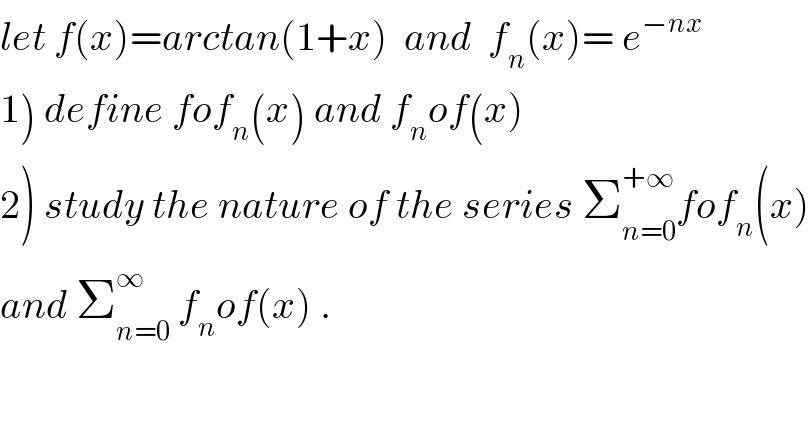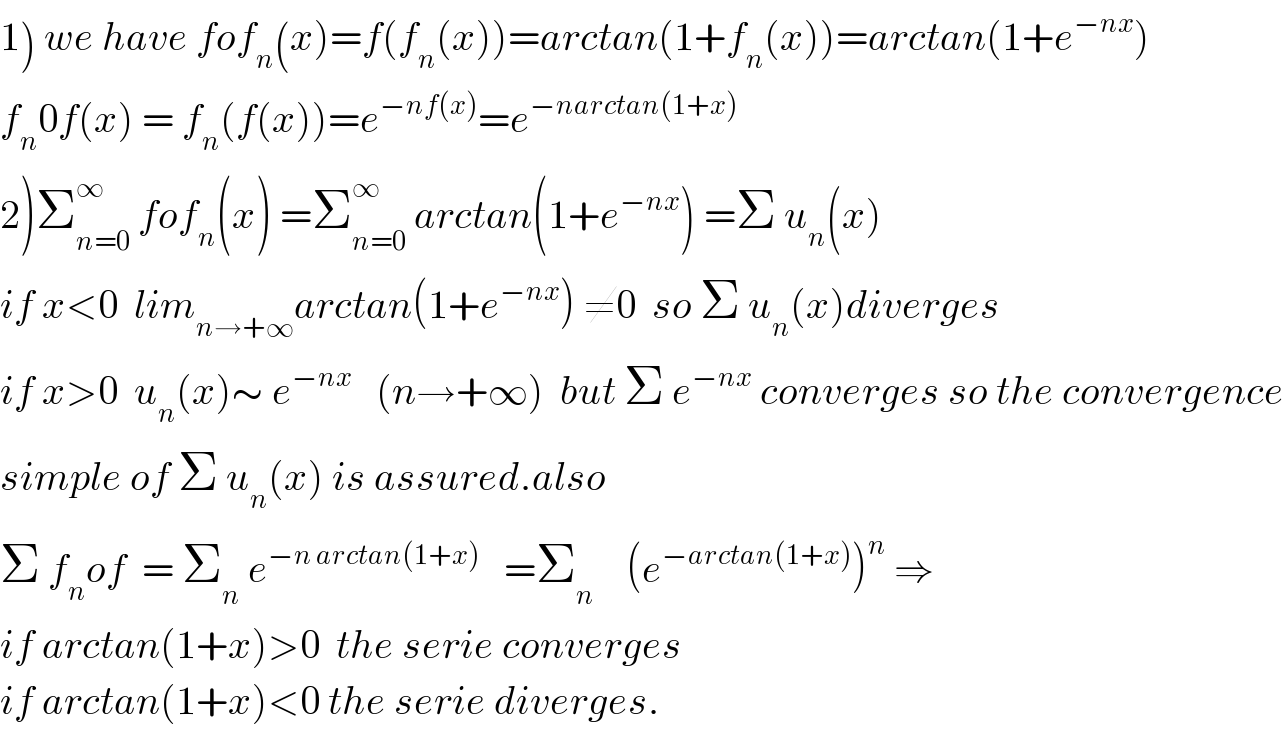
Question and Answers Forum
Previous in Relation and Functions Next in Relation and Functions
Question Number 35766 by abdo mathsup 649 cc last updated on 23/May/18

Commented by maxmathsup by imad last updated on 02/Sep/18

| ||
Question and Answers Forum | ||
Previous in Relation and Functions Next in Relation and Functions | ||
Question Number 35766 by abdo mathsup 649 cc last updated on 23/May/18 | ||
 | ||
Commented by maxmathsup by imad last updated on 02/Sep/18 | ||
 | ||